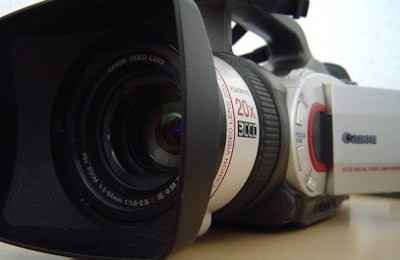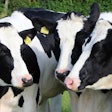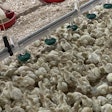
A Canadian chicken catching service’s use of video cameras in hopes of preventing instances of animal abuse was a violation of British Columbia’s Personal Information Prevention Act (PIPA), according to Drew McArthur, the province’s acting information and privacy commissioner.
Elite Farm Services, which provides catching services for Sofina Foods, started to require its workers to wear body cameras after an undercover video released by Mercy For Animals showed Elite’s workers mistreating birds.
While McArthur stated that his office “unequivocally condemns all forms of animal abuse,” he did become concerned that the video surveillance was being used as a “quick fix,” without giving consideration to its “potential privacy impacts.” An investigation from McArthur’s office followed.
That investigation led the office to conclude that in requiring workers to wear the cameras, Elite Farm Services violated PIPA, and that video surveillance should only be used as a last resort if recruitment of conscientious workers and training protocols were ineffective.
One problem with the use of cameras, according to McArthur, is that the workers required to wear them were not the same people who previously mistreated chickens. He also stated that as a result of the workers wearing cameras, outside workers such as farmers, truckers and contractors were also filmed without consent.
“Video surveillance, as we all know, has become pervasive in our society,” McArthur stated. Too often, organizations like this one turn to surveillance believing it will fix their crisis or problem. Organizations need to understand the privacy risks associated with surveillance and take all reasonable efforts to avoid them.”
Mercy for Animals disputes commissioner's views
Mercy for Animals, the animal rights organization that released the undercover video, issued a press release stating that it disagreed with McAurthur, and even said the footage from cameras should be distributed to a broad global audience.
"Every farm and slaughterhouse in Canada should install video monitoring systems and live-stream the footage to the Internet or a third-party auditing firm to help prevent animal cruelty and increase transparency in food production,” said Krista Hiddema, vice president of Mercy For Animals in Canada. Video footage is only as good as the people who monitor it; without third-party checks in place, it will be ineffective."



















